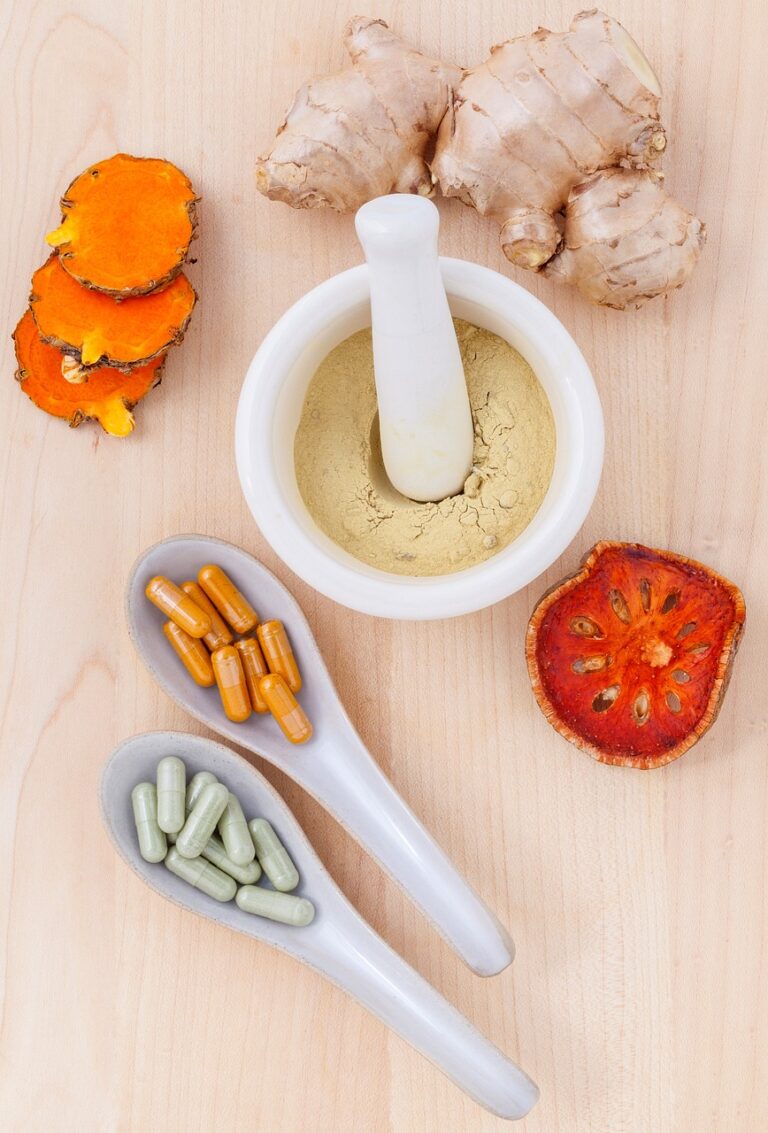
Managing menopause symptoms can be a challenge for many women. Fortunately, there are several vitamins and minerals that can help reduce the severity and frequency of symptoms. In this article, we’ll explore five essential vitamins and minerals that may help manage menopause symptoms.
I. Vitamin B12 and B6
Vitamin B12 and B6 are essential vitamins that can help manage the fatigue and mood changes associated with menopause. Vitamin B12 helps the body make red blood cells, which carry oxygen throughout the body. Vitamin B6 helps the body make serotonin and melatonin, two hormones that regulate mood and sleep.
Recommended dosage and sources: A daily dosage of 1-2 milligrams of vitamin B12 and 1-2 milligrams of vitamin B6 is recommended to help manage fatigue and mood changes. Vitamin B12 can be found in animal products, such as dairy, eggs, and meat, as well as in fortified foods and nutritional supplements. Vitamin B6 can be found in various foods, including bananas, potatoes, and fortified cereals.
II. Vitamin D
Vitamin D is important for bone health and overall well-being during menopause. Vitamin D helps the body absorb calcium, which is essential for strong and healthy bones. Vitamin D can also help support a healthy immune system and reduce the risk of certain chronic diseases.
Recommended dosage and sources: The recommended daily dosage of vitamin D is 600-800 international units (IU). Vitamin D can be found in foods such as salmon, tuna, and fortified dairy products, as well as in supplements.
III. Vitamin K2
Vitamin K2 may help improve bone health during menopause. Vitamin K2 helps the body absorb and use calcium, which is important for maintaining strong and healthy bones.
Recommended dosage and sources: The recommended daily dosage of vitamin K2 is 90 mcg for women over the age of 50. Vitamin K2 can be found in foods such as cheese, eggs, and natto (fermented soybeans). It can also be found in best perimenopause supplements uk.
IV. Vitamin C
Vitamin C is important for managing hot flashes and other menopause symptoms. Vitamin C helps the body make serotonin, a hormone that helps regulate mood. Vitamin C can also help reduce inflammation, which can help reduce the frequency and severity of hot flashes.
Recommended dosage and sources: The recommended daily dosage of vitamin C is 1,000-2,000 milligrams. Vitamin C can be found in many fruits and vegetables, including oranges, strawberries, and broccoli. It can also be found in supplements.
V. Considerations for Supplementation
When choosing a vitamin or mineral supplement, it’s important to consider the quality, dosage, and potential interactions with medications. It’s also important to discuss any supplement regimen with a healthcare provider before starting.
VI. Alternative Approaches
In addition to vitamins and minerals, there are other natural or holistic approaches for managing menopause symptoms. These may include herbal remedies, lifestyle changes, and other alternative treatments. A holistic approach to managing menopause symptoms may help reduce the severity and frequency of symptoms.
By understanding the role of essential vitamins and minerals in managing menopause symptoms, women can take a proactive approach to reduce the severity and frequency of symptoms. In addition to vitamins and minerals, other natural or holistic approaches may help manage symptoms. It’s important to discuss any supplement regimen with a healthcare provider before starting.